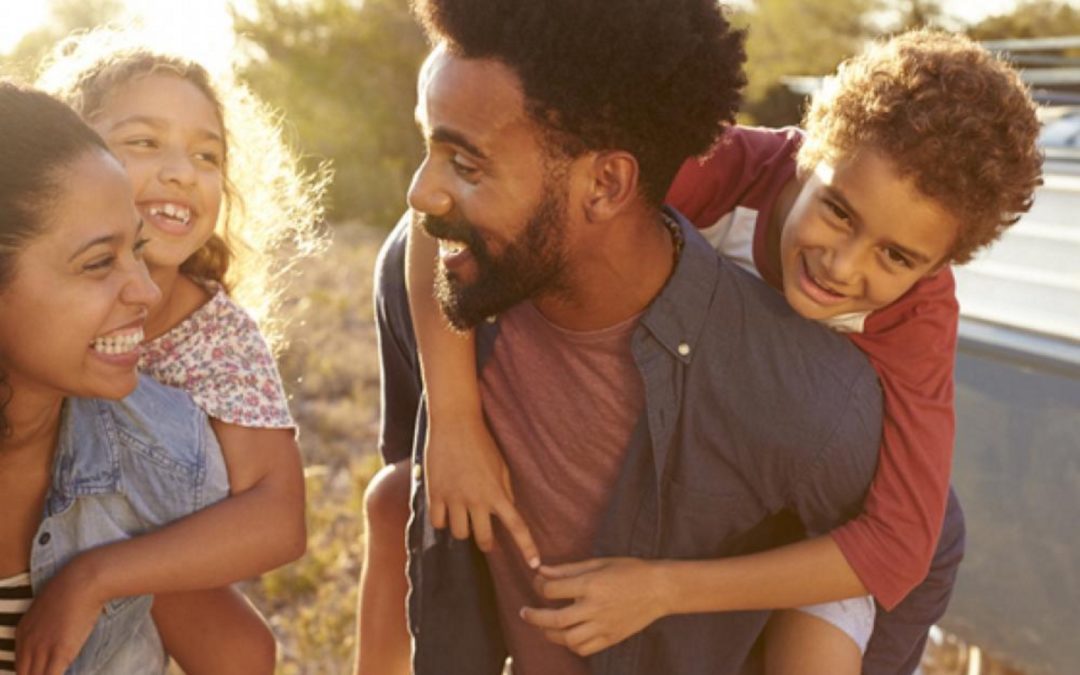LI People On the Move
Newsday, July 20, 2017

Newsday, July 20, 2017


Forest bathing is a new trend within the wellness community. This method of self-care goes far beyond its literal meaning of taking a bath in a forest. Forest bathing focuses on becoming one with your environment and the nature that is around you.
In honor of Purposeful Parenting month and Parks and Recreation month, try forest bathing with your family. You don’t need to go far to immerse yourself in nature – find a local park or hiking trail in or around your community to get started. Plan wisely and be sure to pack comfortable shoes, sun protection, and water. Forest bathing has many benefits, such as clearing your mind, reducing stress, and reducing your blood pressure (Aubrey, 2017). It’s also a great excuse for your family to bond and to get off of their electronics.
As useful as forest bathing is for personal and familial purposes, it is also deeply beneficial as a mental health intervention. North Shore Child and Family Guidance Center offers a need-based program to at-risk youth which utilizes the theories that underlie forest bathing to help adolescents cope with stressors in their lives. The Wilderness Respite Program provides its participants with a gateway to the mastery of social skills and youth empowerment through outdoor activities.
A parent of a Wilderness Program participant adds “Therapeutically speaking, this program teaches my son the tools to handle his negative combative thinking through hiking in various land and weather conditions. During each hike my son participates in, I have observed positive changes in his attitude and behavior which last for several days. His thinking appears clearer, his mood swings lessen. This program has definitely increased his self-esteem. The benefits of this program are endless.”
If you or your child is in need of support, contact the Guidance Center at 516-626-1971. Our trained clinicians can help you navigate any struggles that you may be experiencing.
Aubrey, A. (2017). Forest Bathing: A Retreat To Nature Can Boost Immunity And Mood. Retrieved July 19, 2017, from http://www.npr.org/sections/health-shots/2017/07/17/536676954/forest-bathing-a-retreat-to-nature-can-boost-immunity-and-mood

July 12, 2017
In honor of Purposeful Parenting month, we will discuss what it means to be a purposeful parent and how you can be a purposeful parent.
A purposeful parent is one that strives to be and do the best for their children. This definition is fluid, as it can mold to each individual’s ideas and values.
Regardless, being a purposeful parent takes a great deal of work and commitment; the outcome of your efforts will be a family that upholds your values and treats each other with love and respect. Saying you want to be a purposeful parent, and working towards being a purposeful parent are two different things. Here are some tips for how you can begin to achieve purposeful parenthood:
The Guidance Center’s Common Sense Parenting classes offer parenting tips like those above. In addition, the Marks Family Right from the Start 0-3+ Center offers parent education, therapeutic and support services for young children and their families, as well as pre-school evaluations for children ages 3-6. Sue Cohen, PhD, Director of Early Childhood and Psychological Services at the Guidance Center’s Right from the Start Center, added a final tip:
Furthermore, Sue states, “Parents should remember that they are not alone, it is best to work as a team, with input from a partner when available, your child’s school, and other appropriate influencers to provide a cohesive and consistent message.”
If you’re in need of support, contact the Guidance Center at 516-626-1971. Our trained clinicians can help you navigate any parenting struggles you may be experiencing, and our Parent Advocates can impart their wisdom for future parenting success.


June 6th, 2017
In 2008, legislation was passed to establish the month of July as “Bebe Moore Campbell Minority Mental Health Awareness Month” in recognition of the late Ms. Campbell’s advocacy efforts to promote public awareness of mental illness among minorities and to improve minorities’ access to mental health treatment and services.
Almost two-thirds of people with a mental illness in America do not or cannot seek help. The cultural norms of certain minority groups dictate that seeking help for mental illness is unacceptable (Culture Counts, 2001).This cultural pressure, combined with the limited access to health care and the stigma surrounding mental health in America, result in minorities being even less likely than the entirety of the general population to seek out necessary mental health services.
American Latina feminist Dior Vargas offered her personal cultural lens on mental health as “…very much like crying is a sign of weakness and mental illness is like a white person thing.” She said she was told by family, “Don’t tell anyone about these issues outside of the household” (Ziv, 2016). She also stated that “For members of ethnic and racial minority groups, the road to treatment is often blocked by cultural views of mental illness and therapy, lack of insurance and access to appropriate care, and a critical deficiency of studies pertaining to nonwhite populations.” Vargas knew that shunning minority mental health issues was not the answer and she decided to take action by creating the People of Color & Mental Illness Photo Project. Vargas collected photos of people of color who live with mental illnesses so they did not feel alone.
North Shore Child & Family Guidance Center addresses the specific needs of the Hispanic/Latino community through the Latina Girls Project. This program, begun by Associate Executive Director Regina Barros-Rivera, offers bi-lingual and bi-cultural mental health counseling, group meetings and outings for the adolescent girls suffering from depression, anxiety and suicidal ideation. The program also includes family therapy as a critical component.
Calling the situation an epidemic is no exaggeration,” says Barros-Rivera. “Studies indicate that approximately 23% of Latina teens think about, attempt or commit suicide. That’s nearly one out of four girls. In addition, nearly 50% report feeling seriously depressed.”
The group is facilitated by highly trained, culturally sensitive social workers and mental health counselors who work together to help at-risk teen girls. The group is supported by a generous grant from John and Janet Kornreich Charitable Foundation which was established to “show girls the world outside of their communities and provide them with hope for their future.” Some of their outings include: visiting Segunda Quimbamba, a Jersey City-based Puerto Rican percussion and dance ensemble; attending La Gringa, a play at the Repertorio Español in Manhattan; touring the Metropolitan Museum of Art; visiting the Nassau County Museum of Art; and seeing several Broadway shows including On Your Feet and The Illusionist.
To understand more about the history of this program go to: http://www.humansafetynet.com/latina-teens/
If you or your child is in need of support, contact the Guidance Center at 516-626-1971. Our trained clinicians can assist your family in setting your child up for successful emotional regulation throughout their life.
Chapter 2 Culture Counts: The Influence of Culture and Society on Mental Health. (2001). In Mental Health: Culture, Race, and Ethnicity: A Supplement to Mental Health: A Report of the Surgeon General. Retrieved from https://www.ncbi.nlm.nih.gov/books/NBK44249/
Ziv, S. (2016, April 27). Displaying the Diverse Faces of Mental Illness. Retrieved July 06, 2017, from http://www.newsweek.com/displaying-diverse-faces-mental-illness-387118